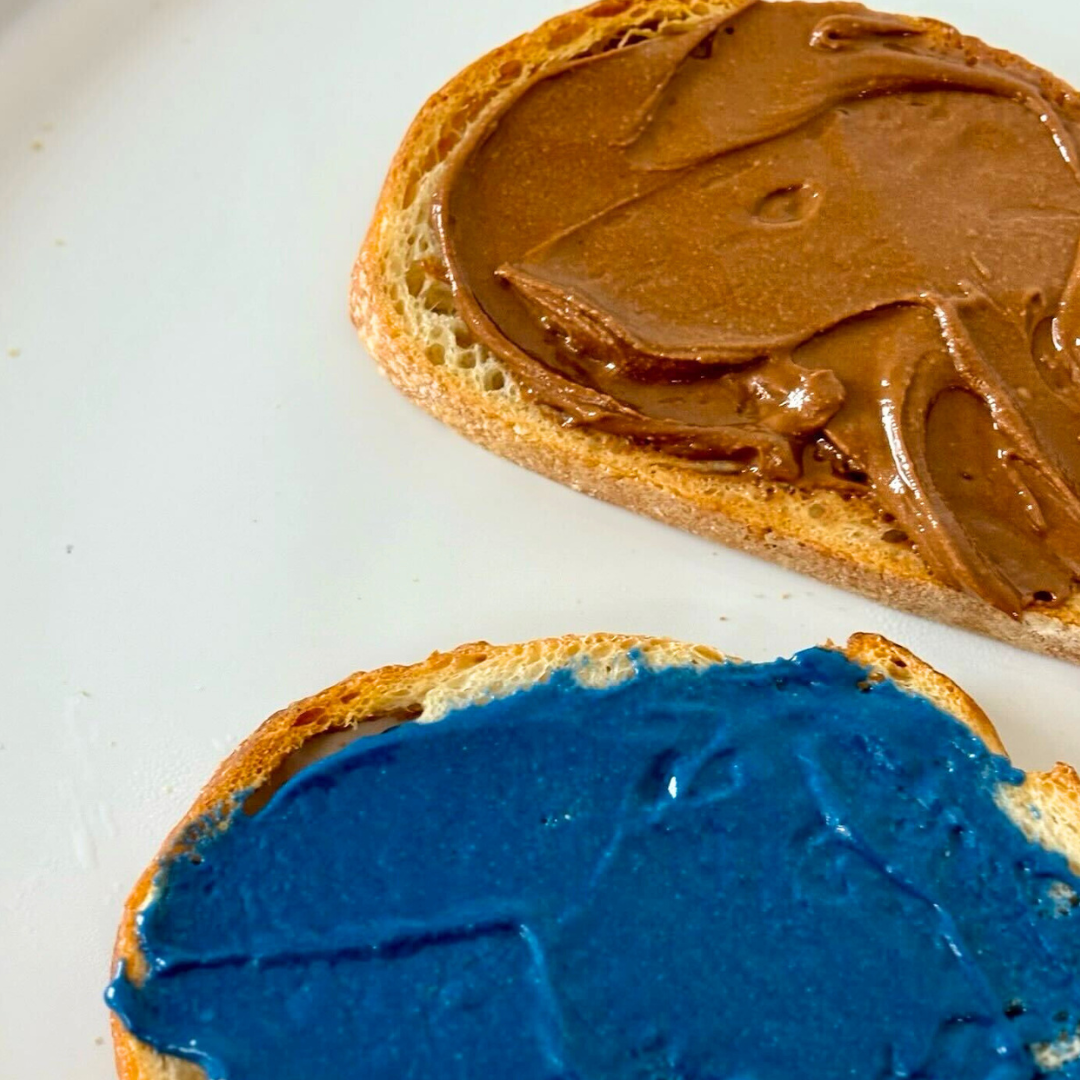“I want to eat more sugar”- said no one ever. Lots of people are looking for ways to cut sugar, and with a myriad of low-sugar options it can be pretty overwhelming to know what’s the best option. Many of the low-sugar options out there can seriously affect your gut health. But don’t worry, we’re here to help! In this article, we break down why we love monk fruit as a low-glycemic sweetener, what to watch out for, and how to hack your blood sugar without disrupting your microbiome.
What is Monk Fruit Sweetener? Is Monk Fruit Safe?
Monk fruit, also known as Luo Han Guo, is a small green melon native to Southeast Asia. Traditionally used in herbal medicine, monk fruit has gained popularity for its intense sweetness without the caloric content of regular sugar. The sweetness of monk fruit comes from naturally occurring compounds called mogrosides, which are several hundred times sweeter than sucrose, the table sugar we commonly use.
Health Benefits of Monk Fruit:
- Caloric Impact: Monk fruit is virtually calorie-free, making it an attractive option for those seeking to manage their weight or reduce calorie intake.
- Blood Sugar Regulation: Unlike table sugar, monk fruit does not cause rapid spikes in blood sugar levels, making it suitable for individuals with diabetes or those on a low-glycemic diet.
- Antioxidant Properties: Mogrosides, the active compounds in monk fruit, possess antioxidant properties that can help combat oxidative stress and inflammation in the body.
- Natural Origin: Monk fruit is a natural, plant-based sweetener, which is great for people that are opting for minimally processed or unprocessed foods.
- Gut Friendly: One of our favorite things about monk fruit is that it doesn’t cause GI issues. Monk fruit has prebiotics in it which support healthy bacteria in the gut, making this a great option!
Does Monk Fruit Have Erythritol?
Not always. Which is why you should read the label if you’re sensitive to sugar alcohols like erythritol. While monk fruit itself boasts an impressive nutritional profile, concerns arise when it's blended with erythritol, a sugar alcohol commonly used as a sugar substitute. Some companies market monk fruit as "monk fruit extract" or "monk fruit sweetener," but upon closer inspection, you might find that erythritol constitutes a significant portion of the product. You know that green monk fruit sweetener at Starbucks? It has erythritol in it.
Why the Blend?
Erythritol is often added to monk fruit sweeteners to dilute the intense sweetness of monk fruit extract. It provides bulk and texture, making it easier to use in recipes and providing a more familiar sugar-like experience.
Why Do We Use Pure Monk Fruit Without Erythritol?
- No Digestive Issues: Erythritol, like other sugar alcohols, can sometimes cause gastrointestinal distress in some people. This may include symptoms like bloating, gas, diarrhea, or stomach discomfort.
- Highly Processed: Erithrytol is also commonly manufactured by hydrogenating glucose and goes through a long chemical process during its production.
- Negative Impact on Gut Health: Consumption of sugar alcohols, including erythritol, have gradual and negative effects on your gut microbiome
While it’s more expensive to use the pure monk fruit sweetener, we prioritize gut health for our products and leave out the erythritol filler that causes bloating, gas, and constipation.
How to find Monk Fruit Without Erythritol
When opting for monk fruit sweeteners, consider the following steps to ensure you're making an informed choice:
- Read the Label: Check the ingredient list for transparency. Avoid products with vague terminology like "blend" or "extract" without specifying the ratio of monk fruit to erythritol.
- Certifications: Look for certifications such as "Certified Organic" or "Non-GMO Project Verified." These labels often indicate a higher level of transparency and quality.
- Pure Monk Fruit Options: Seek out products that are made exclusively from monk fruit extract. These may be pricier, but they offer a more authentic monk fruit experience.
- DIY Sweetening: Consider purchasing pure monk fruit extract and erythritol separately, allowing you to control the blend and sweetness to your preference.
So there you have it, we love monk fruit as a sweetener because it helps support a healthy gut, is booming with antioxidants, and comes from a natural origin- the closer to the earth, the better in our book! By making informed choices, you can savor the benefits of monk fruit while avoiding potential pitfalls associated with highly processed chemicals like erythritol.
References:
- Jia Y., et al. (2009). Antioxidant and Antiproliferative Activities of Fruits. Journal of Agricultural and Food Chemistry, 57(19), 8798-8804.
- Anhê, F. F., et al. (2015). A Polyphenol-Rich Cranberry Extract Protects from Diet-Induced Obesity, Insulin Resistance and Intestinal Inflammation in Association with Increased Akkermansia spp. Population in the Gut Microbiota of Mice. Gut, 64(6), 872-883.
- Tey, S. L., et al. (2017). Effects of Aspartame-, Monk Fruit-, Stevia- and Sucrose-Sweetened Beverages on Postprandial Glucose, Insulin and Energy Intake. International Journal of Obesity, 41(3), 450-457.

